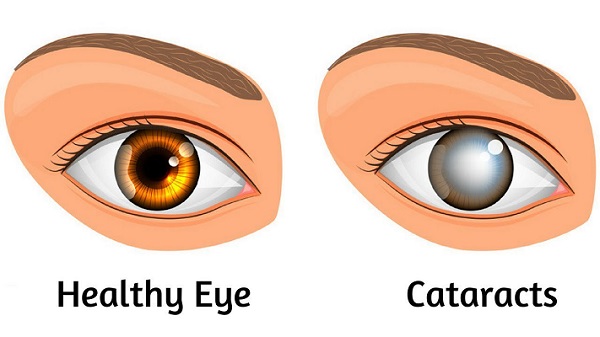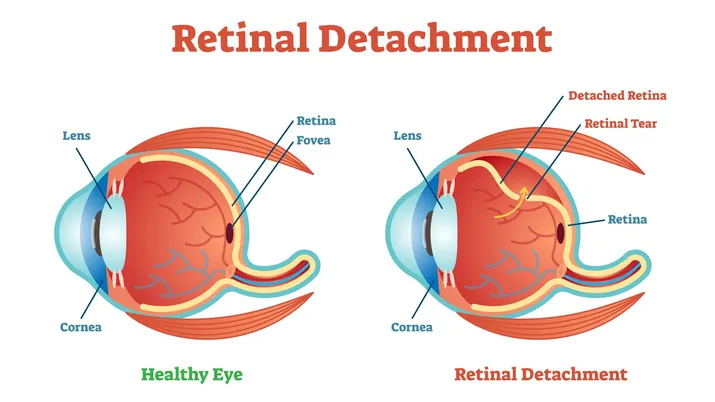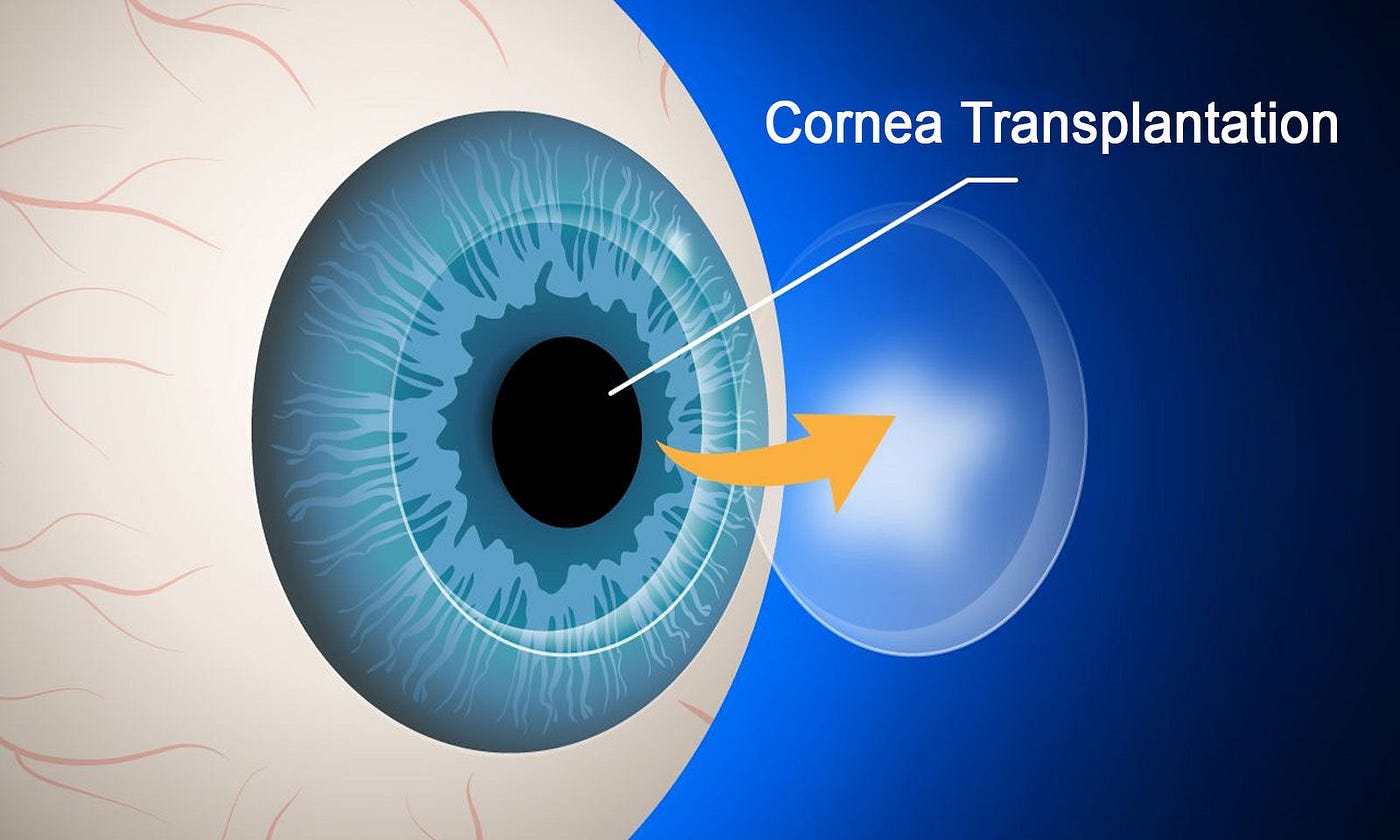Yes, there are different types of cataracts, classified based on their location within the eye and their characteristics. The main types of cataracts include:
1. Nuclear Cataracts: These cataracts form in the center (nucleus) of the eye’s natural lens. Nuclear cataracts often develop with age and can cause nearsightedness (difficulty seeing things up close) and a temporary improvement in reading vision known as “second sight” before vision deteriorates further.
2. Cortical Cataracts: Cortical cataracts start as wedge-shaped opacities on the outer edge of the lens and gradually extend inward. They create spoke-like patterns and can cause glare, halo effects around lights, and reduced contrast sensitivity.
3. Posterior Subcapsular Cataracts (PSCs): PSCs form on the back surface of the lens, just beneath the lens capsule. They can develop rapidly and often affect near vision more than distance vision. People with PSCs may experience increased sensitivity to light, glare, and difficulty reading.
4. Congenital Cataracts: These cataracts are present at birth or develop during childhood. They can be caused by genetic factors, infections during pregnancy, or other developmental issues. Early detection and treatment are crucial to prevent vision problems in children with congenital cataracts.
5. Traumatic Cataracts: Traumatic cataracts result from eye injuries, such as blunt trauma or penetration by a foreign object. These cataracts can develop immediately or years after the injury and require prompt medical attention.
6. Secondary Cataracts: Secondary cataracts can develop after cataract surgery. They occur when the back membrane of the natural lens, called the lens capsule, becomes cloudy over time. This condition can be treated with a laser procedure called YAG laser capsulotomy.
The specific type of cataract a person has can impact their symptoms and the choice of treatment. An eye care professional will assess the type of cataract and recommend the most appropriate treatment, usually cataract surgery when the cataract significantly impairs vision.
Now you can reach our Dr. Sonia Maheshwari, an Eye Specialist in Mumbai practicing at Clear Sight Eye Care and Laser Center.




